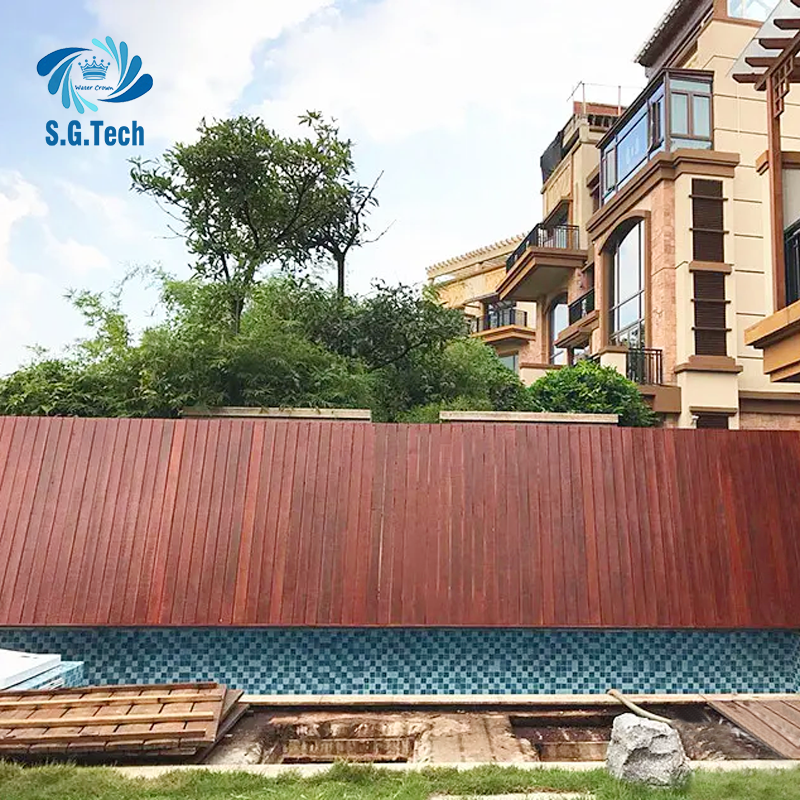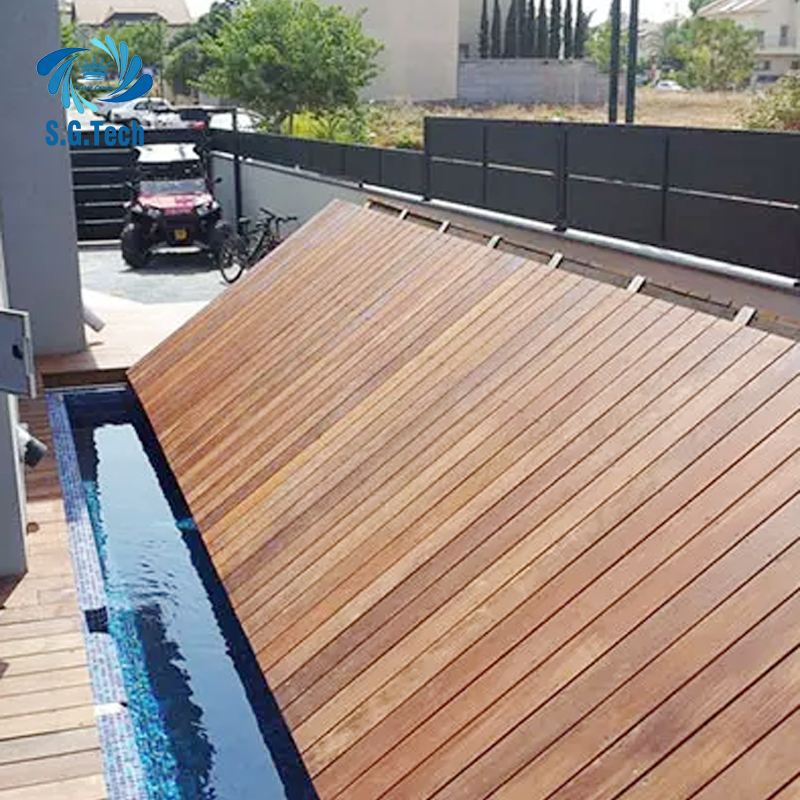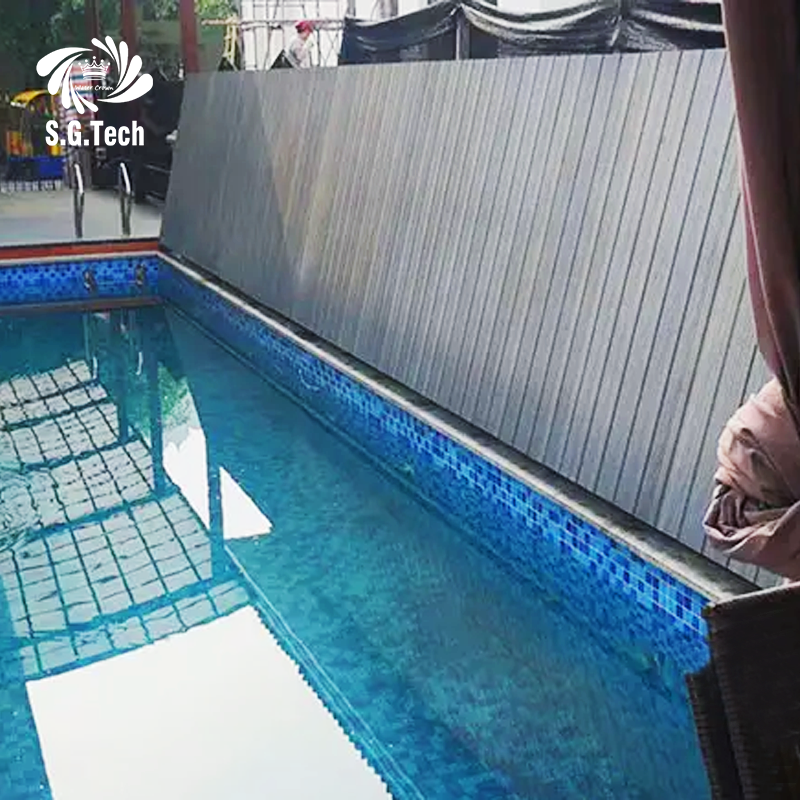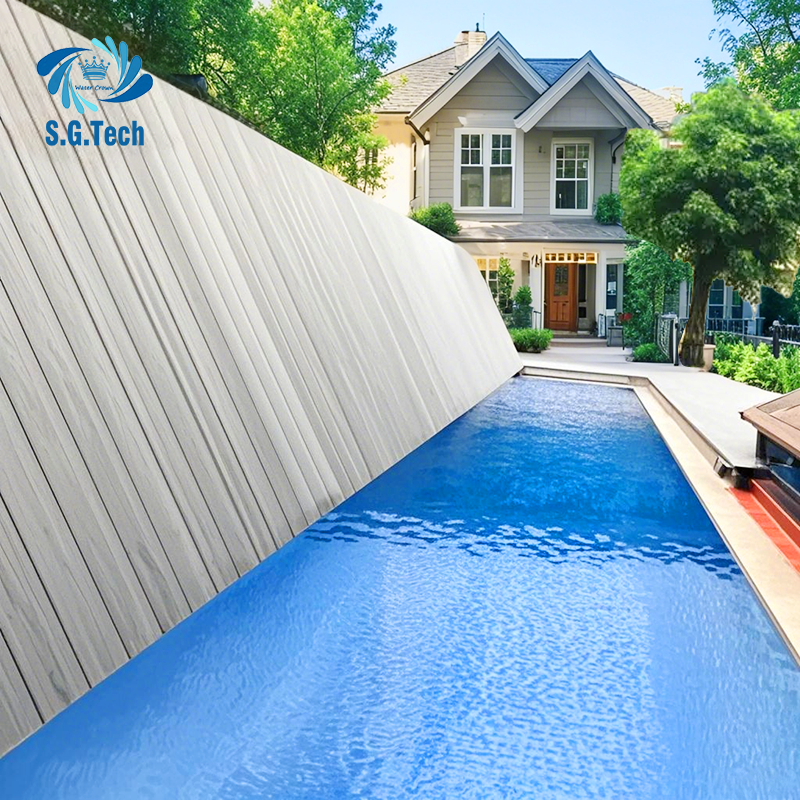
Purchasing a folding pool cover involves evaluating multiple factors to ensure the right fit for pool type, usage, and budget. Key considerations for buyers include: Pool Specifications: Size (length, width, depth) and shape (rectangular, oval, custom) to determine cover dimensions and folding mechanism compatibility. Installation type (inground vs. above ground) to select appropriate track or anchoring systems. Operation Type: Manual: Suitable for small pools, requiring physical effort to fold/unfold, cost effective. Motorized: Ideal for large pools or users prioritizing convenience, requiring electrical hookup and higher initial investment. Material & Durability: PVC: Budget friendly, suitable for moderate climates, requires UV protection. Polyester reinforced PVC: Higher strength, better weather resistance, longer lifespan. Aluminum/Composite: Rigid panels for heavy duty use, suitable for commercial pools. Safety & Compliance: Safety rated covers: Look for ASTM or local safety certifications if child or pet protection is a concern. Additional Features: Waterproofing: Critical for preventing debris and water infiltration. Drainage Systems: To avoid water pooling on the cover surface. UV Resistance: For prolonged outdoor exposure in sunny regions. Supplier Credibility: Check reviews, warranty terms, and after sales support (installation, maintenance services). Compare quotes from multiple suppliers, ensuring clarity on included components (tracks, motors, anchors). Buyers should request detailed product specifications, installation drawings, and performance guarantees to make informed decisions, balancing upfront costs with long term durability and operational efficiency.


